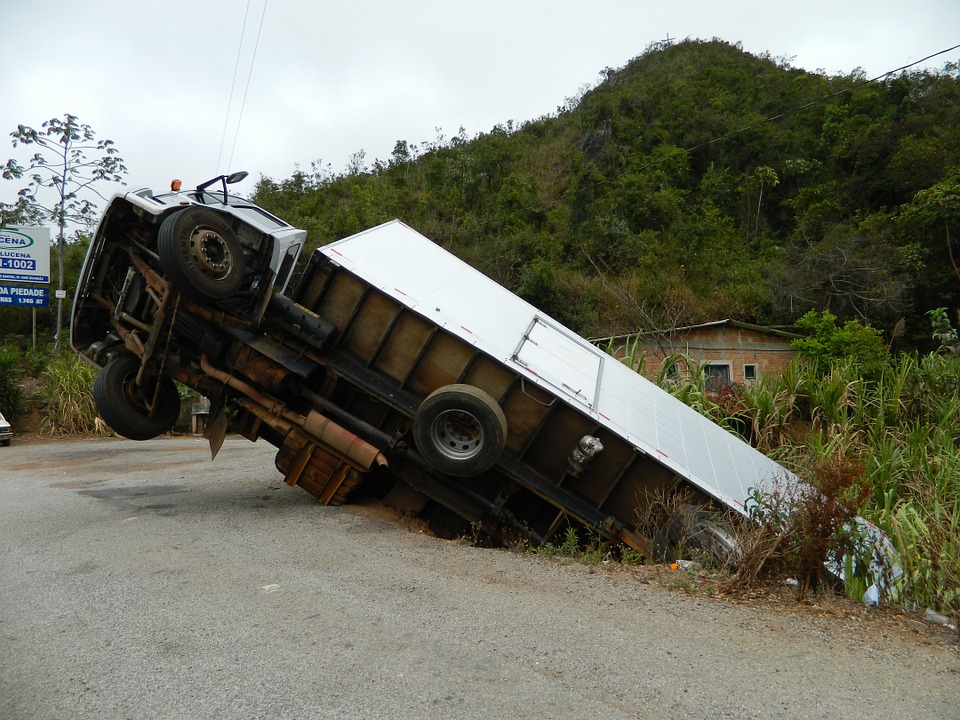
Recent Tanker Truck Accidents Raise Concern For Safety On Our Roadways
With an increasing number of tanker truck accidents, it is causing safety officials to worry about the dangers of driving on the road with tanker trucks. According to a 2012 study from the Federal Motor Carrier Safety Administration, tanker truck accidents are on the rise and increasing at an alarming rate. Just this year, multiple tanker trucks have collided with other vehicles or been involved in other crash types, causing traffic blocks, hazardous material spills, injuries, and even fatalities.
In 2015, a tanker truck crashed and spilled hundreds of gallons of toxic fuel onto the road in Maryland. Later in the year, a similar incident with a tanker truck carrying fuel spilled hundreds of gallons of fuel across a Florida city. In 2009, a tanker truck crashed into the wall of a bridge, setting fire to the area and destroying the bridge in Detroit. These three accident reports represent a small portion of the tanker truck accidents seen in the United States each year.
According to a report by the Federal Motor Carrier Safety Administration, tanker truck accidents are on the rise. Between 2011 and 2012, the agency reports that:
Fatal truck crashes have increased by 5 percent.
Injury crashes have increased by 22 percent.
Property crashes increased by 14 percent.
Miles traveled by tanker truck drivers increased 0.3 percent.
The FMCSA is not sure why accident rates are increasing, expect that longer required driving hours and lack of sleep could be contributing to the increase in crashes and fatalities. [https://www.fmcsa.dot.gov/safety/data-and-statistics/large-truck-and-bus-crash-facts-2012, October 2015]
Currently tanker truck drivers have even more safety regulations than other truck drivers, because they often carry hazardous cargo. Many cities require that tanker trucks drive on less-populated roads to prevent injuries and environmental disaster as much as possible. Additionally, tanker truck drivers must be monitored for safety at all times with on-board electronic safety monitoring systems. Tanker truck drivers are not allowed to use a hand-held cell phone while driving and must take a 30 minute break after every 8 hours of driving and cannot drive more than 13 hours in a day. Proposed legislation would further limit that driving time to 10 hours per day. [http://www.fmcsa.dot.gov/newsroom/national-tank-truck-carriers, October 2015]
Passenger vehicle drivers can do their part to stay safe on the road. Always give tanker trucks a wide berth and do not dart in front of a tanker truck and stop suddenly. This can cause a tanker truck to crash. Avoid driving right next to tanker trucks, and if possible, drive on non-hazardous cargo roadways to further reduce your risk of being involved in a tanker truck accident. Use common sense while driving and always signal your road movements clearly when trucks of any kind are around. Implementing these simple tips will help reduce your chances of getting involved in tanker truck accidents, injuries, or fatalities.
[wtop.com/local/2015/03/overturned-tanker-truck-blocks-i-95-in-md/slide/1/, October 2015], [actionnewsjax.com/news/news/local/i-95-closed-emerson-street-exit-due-overturned-sem/nnTGn/, October 2015], [ntsb.gov/news/pressreleases/Pages/NTSB_Sending_Team_to_Investigate_Tanker_Truck_Fire_that_Led_to_Bridge_Collapse_near_Detroit.aspx, October 2015]


